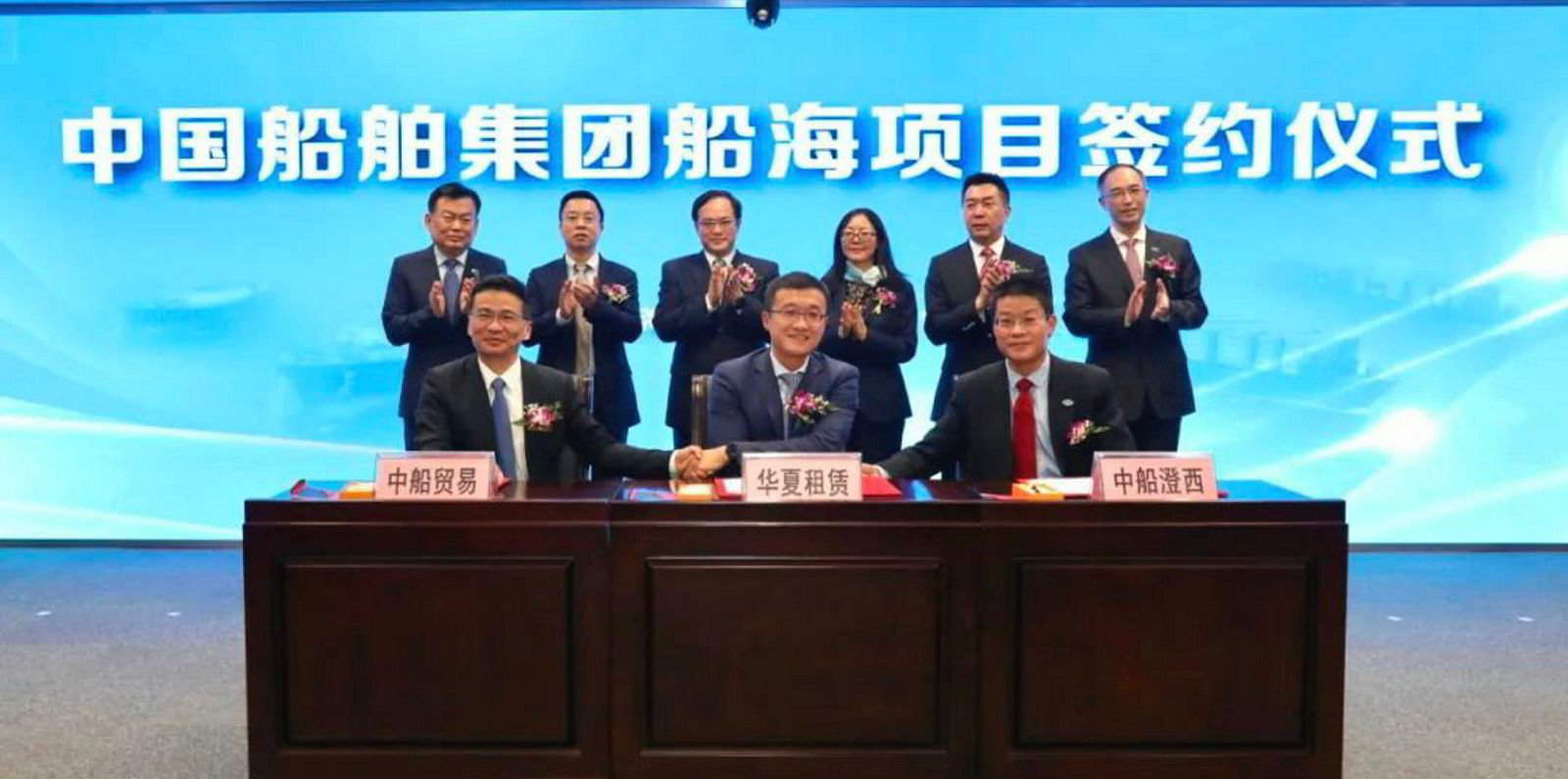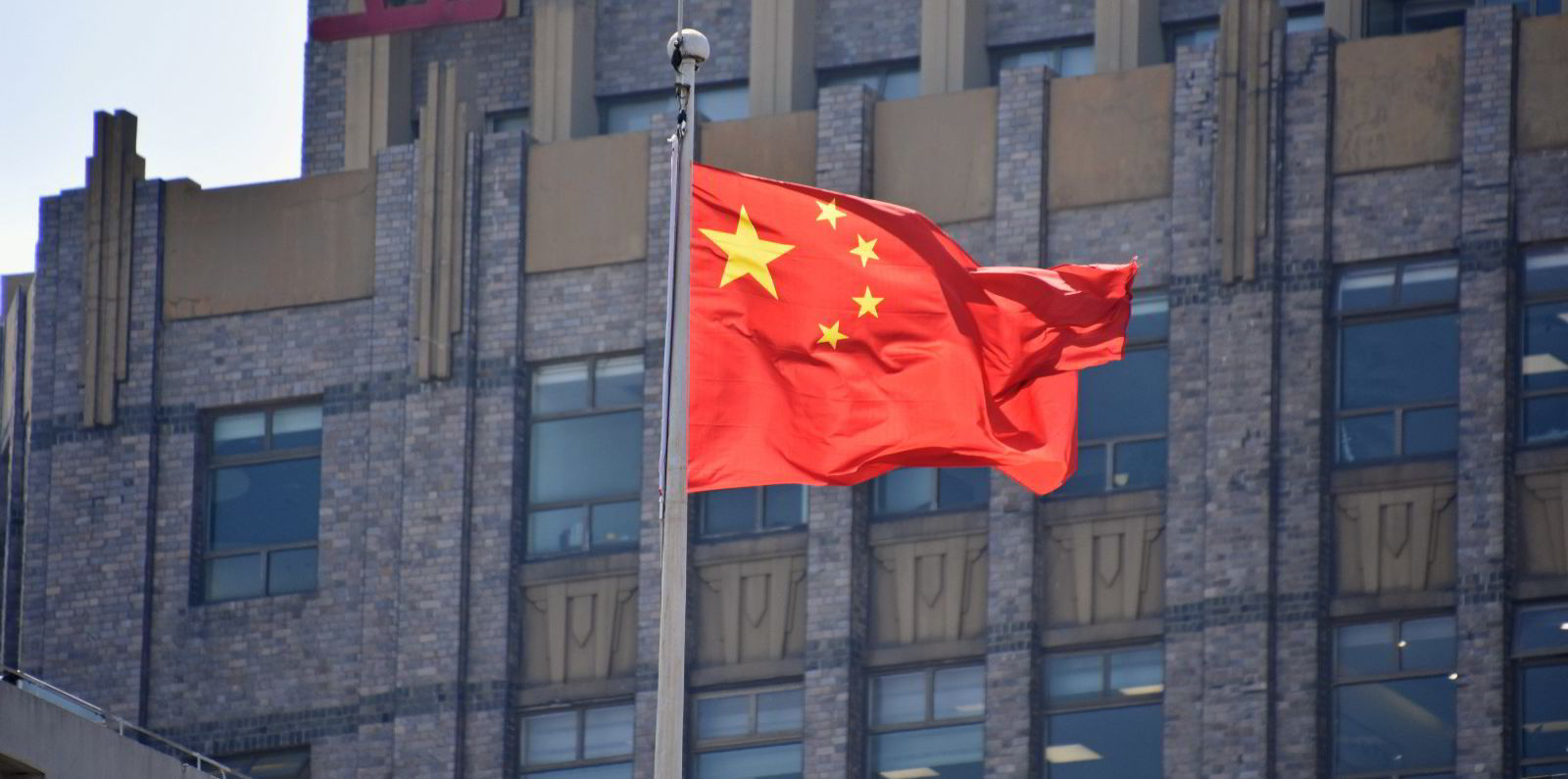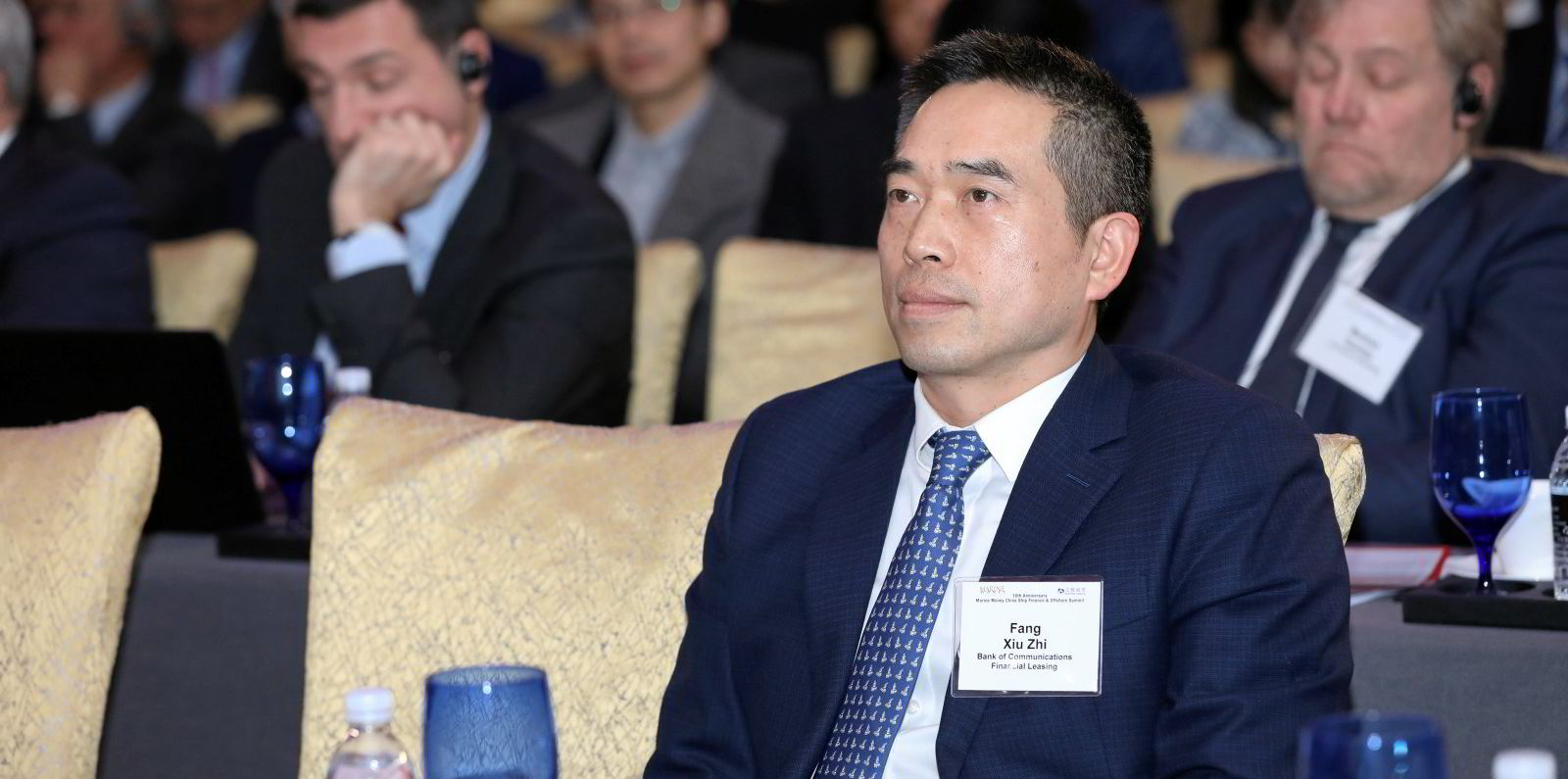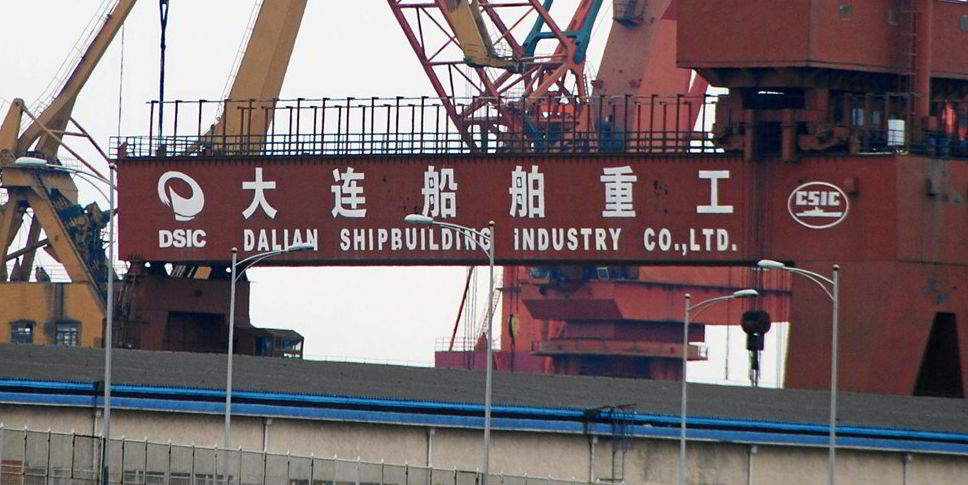China’s targeting of shipping lenders in a probe into financial corruption threatens to leave shipping facing a lending shortfall if it affects their ability to operate.
Earlier this month, TradeWinds reported how Chinese anti-corruption authorities detained two leading domestic shipping bankers — Bank of Communications Financial Leasing (Bocomm Leasing) head of shipping Fang Xiuzhi and Minsheng Financial Leasing head of shipping Fan Qiyong — in a widening probe of the country’s state-owned financial leasing houses.
These latest detentions follow the arrests earlier this year of Export-Import Bank of China (CExim) executive Li Li and financial arranger Wang Wei (Eric Wang), a former subordinate of Li Li at CExim before he founded ship-finance consultancy Smarine.
The ongoing probe has raised alarm bells because of the incredible growth in Chinese shipping lending over the past decade.
Chinese lenders have moved to fill the shortfall in ship finance caused by the withdrawal of traditional Western banks after the collapse of the global financial market in 2008.
Chinese lessors now account for about $70bn to $80bn in ship finance each year, which is the equivalent to the portfolios of the five largest European and North American shipping banks combined.
Wang JianJun — Maritime Strategies International’s regional director of Asia — said Chinese leasing companies have grown rapidly over the years, with shipping budgets increasing annually, and new leasing organisations still joining the industry.
“Their [the ship-leasing companies] initial focus was on supporting domestic shipbuilding but, as they have become bigger with more shipping knowledge and insight, they have begun supporting newbuildings being constructed at yards outside of China as well as secondhand tonnage acquisition,” Wang said.
“Although originally considered expensive compared to banks, they have become more competitive, making them a more viable alternative for many market players.”
HuaXia Financial Leasing (HXFL) and Citic Financial Leasing (Citic FL) were two newcomers to Chinese ship leasing.
Headquartered in Beijing, HuaXia started out its shipping business by ordering 16 ultramax bulker newbuildings that cost about $512m at domestic shipyards, while Citic FL hired Bill Guo Fangmeng from ICBC Financial Leasing last year to lead its shipping portfolio.
Citic FL entered the shipping arena by buying a secondhand supramax bulk carrier — the 56,970-dwt Xin Zhi Yuan 1 (built 2010) — for $19m. This was followed by an order for 10 ultramax bulker newbuildings worth $315m at Dalian Shipbuilding Industry Co (DSIC).

“The leasing companies have become more flexible in structuring deals, which again has helped widen the potential markets they can tap into, increasing their exposure to shipping,” Wang said.
Wang added that Chinese leasing companies are not subjected to the same stringent regulatory requirements as Western banks in terms of liquidity and can offer higher loan-to-value (LTV) deals, making them more attractive to market participants.
“Given that most sectors of shipping are enjoying relatively strong earnings, this high level of LTV should not create the same problems for Chinese lessors as it did to traditional ship-finance banks in 2009 and 2010,” Wang said.
“However, if we see a sustained downturn and some charters are cancelled, we do see risks for the Chinese lessors in the medium term.”
Amid Beijing’s ongoing anti-graft campaign targeting China’s banks, the arrests of top shipping bankers have left many questioning whether Chinese leasing companies will scale down their shipping activities or continue to grow?
A shipbuilding source said Chinese leasing companies are planning to shore up their shipping deals this year.
In recent days, he noticed ship-leasing activities have slowed down significantly since news broke of the latest detentions and a broadening of the anti-graft campaign.
“They are not so active in closing deals these days, but we think this inactivity is only going to be temporary,” the source said.
But he foresees some leasing companies will be implementing new practices to counter corruptions and for compliance purposes.
“Projects involving non-domestic owners and third-party companies will come under greater scrutiny, and leasing companies will engage more on vessel financing and less operation financing,” he said.
Operation leasing refers to banks ordering newbuildings directly with shipyards and chartering them out to operators.
“Established broking shops will also be the preferred partners as the banks’transactions will be more transparent,” the source said.







